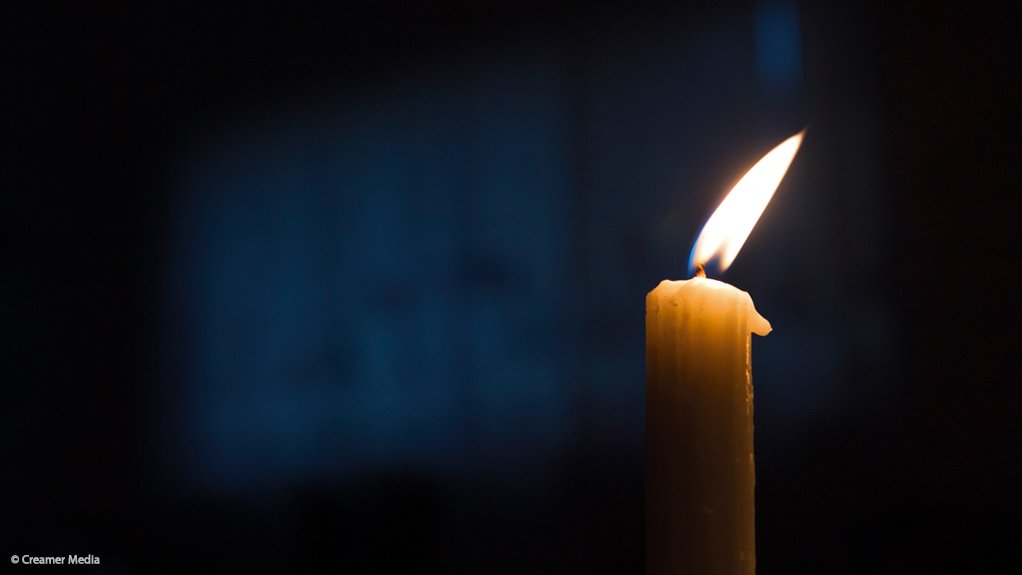State-owned power company Eskom said on Monday it was escalating its rolling blackouts to "Stage 4", requiring 4 000 MW of demand to be suppressed at any given time, due to continued pressure on the national grid.
"Since this morning we have unexpectedly lost six additional generating units which has put additional strain on the system," said Eskom, which had earlier announced "Stage 2" rotational load shedding involving 2 000 MW of electricity.
"Load shedding is conducted rotationally as a measure of last resort to protect the power system," it added.
Monday is the second consecutive day of rolling powercuts which resumed for the first time on Sunday since December 9.
Eskom officials said the system had last experienced a 4 000 MW shortfall during the 2014/15 financial year, falling under the then broad "Stage 3" definition of load shedding involving 3 000 to 4 000 MW.
Eskom, which has asked the National Energy Regulator of South Africa for annual tariff increases about three times the consumer inflation rate over the next three years, has warned that this latest phase of load shedding could last until April.
It urged residents and businesses to use electricity sparingly on Monday, including switching off geysers, non-essential lighting and electricity appliances to reduce demand pressure.
In his state of the nation address to Parliament last Thursday, President Cyril Ramaphosa said the struggling entity would be divided into Generation, Transmission and Distribution entities as part of a new business model to help turn it around.
He acknowledged Eskom was in crisis and posed a significant risk to the South African economy, requiring bold decisions that would not affect the country's sovereign credit rating. Ramaphosa also said the company would need more revenue through an affordable tariff increase.
On Monday ratings agency Moody's said the intended split would allow for more transparency in running Eskom, but would not do much to solve its financial problems.
“The move paves the way for a more transparent group with more clearly allocated revenue and cost between business segments,” it said in a research report.
"However, in and of itself it does little to address Eskom’s financial challenges."
The main opposition Democratic Alliance demanded a parliamentary debate on the crisis gripping the power utility, saying it was imperative that it takes place before Thursday, when Ramaphosa is due to take questions on the national address he delivered last week.
EMAIL THIS ARTICLE SAVE THIS ARTICLE
To subscribe email subscriptions@creamermedia.co.za or click here
To advertise email advertising@creamermedia.co.za or click here











